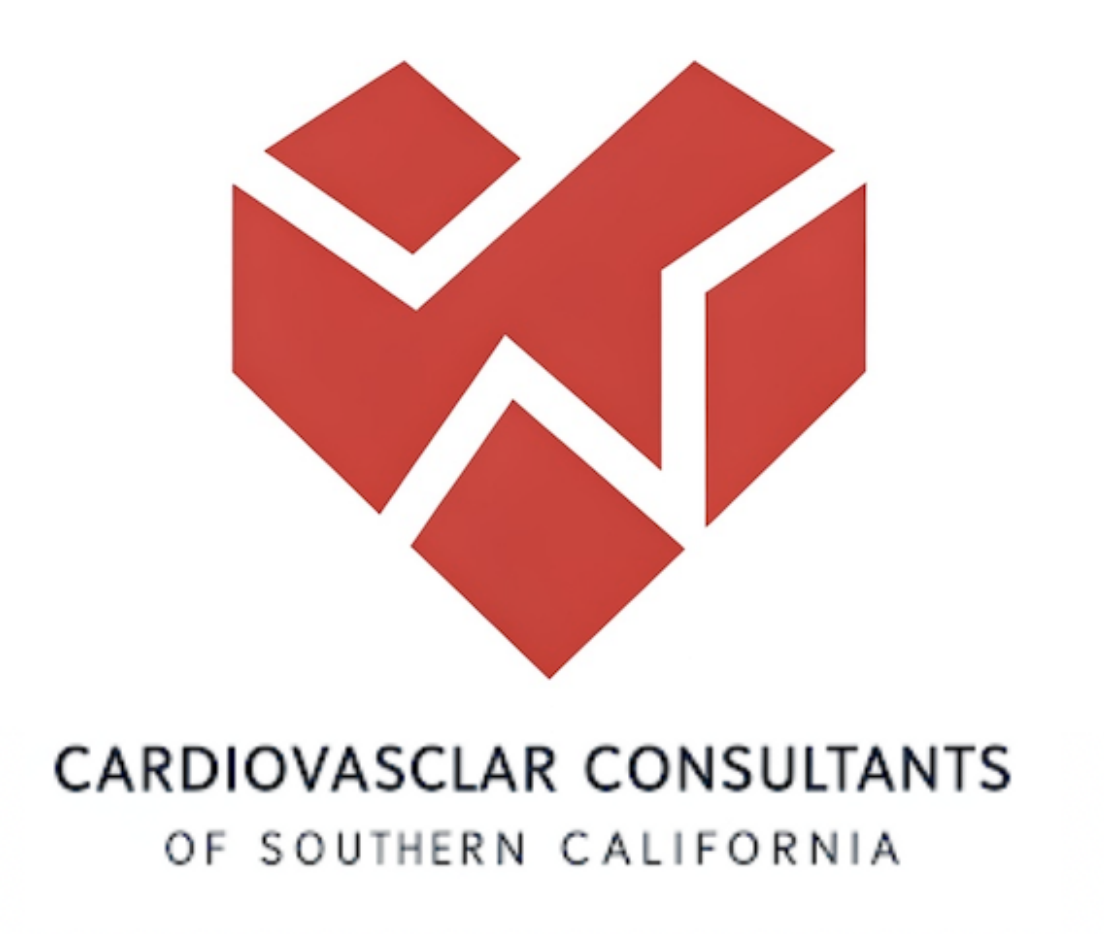Chest Pain and Coronary Artery Disease
What is Coronary Artery Disease?
Coronary artery disease occurs when the coronary arteries, which supply blood to the heart muscle, become narrowed or blocked. This narrowing is primarily due to a buildup of cholesterol and fatty deposits, known as plaque, on the artery walls, a condition called atherosclerosis. As the arteries narrow, they restrict blood flow to the heart, which can lead to chest pain (angina), shortness of breath, or, in severe cases, heart attacks.
Several factors can increase your risk of developing coronary artery disease, including age, family history, high blood pressure, high cholesterol, smoking, diabetes, obesity, sedentary lifestyle and stress.
Many individuals with CAD may not experience noticeable symptoms until the disease is advanced. Chest Pain or Discomfort also known as angina. This may feel like pressure, squeezing, fullness, or pain in the center or left side of the chest. Shortness of Breath is considered an angina equivalent.If you experience any of these symptoms, particularly chest pain or discomfort, seek medical attention immediately.
To diagnose coronary artery disease, your healthcare provider may perform several tests. Electrocardiogram (ECG) is the first test cardiologists perform. A stress test is a non-invasive test will allow physicians to diagnose lack of blood flow to the heart muscle.
So how can we prevent Coronary Artery Disease?
Focus on whole foods, limit saturated and trans fats, and avoid excessive sodium and sugar. Regular physical activity strengthens the heart and allows your heart to build smaller blood vessels to feed the heart muscle.
Controlling your blood pressure and cholesterol goes a long way in preventing heart disease.
Coronary artery disease is a serious condition that requires attention and management. By understanding the risk factors, symptoms, and treatment options, you can make informed decisions about your heart health. Regular check-ups with your cardiologist and a commitment to a heart-healthy lifestyle can significantly reduce your risk of developing CAD and improve your overall well-being.
If you have any concerns about your heart health, do not hesitate to reach out to us at Cardiovascular Consultants of Southern California for support. Dr. Moradi is always available to help you take your heart health in your hands!

